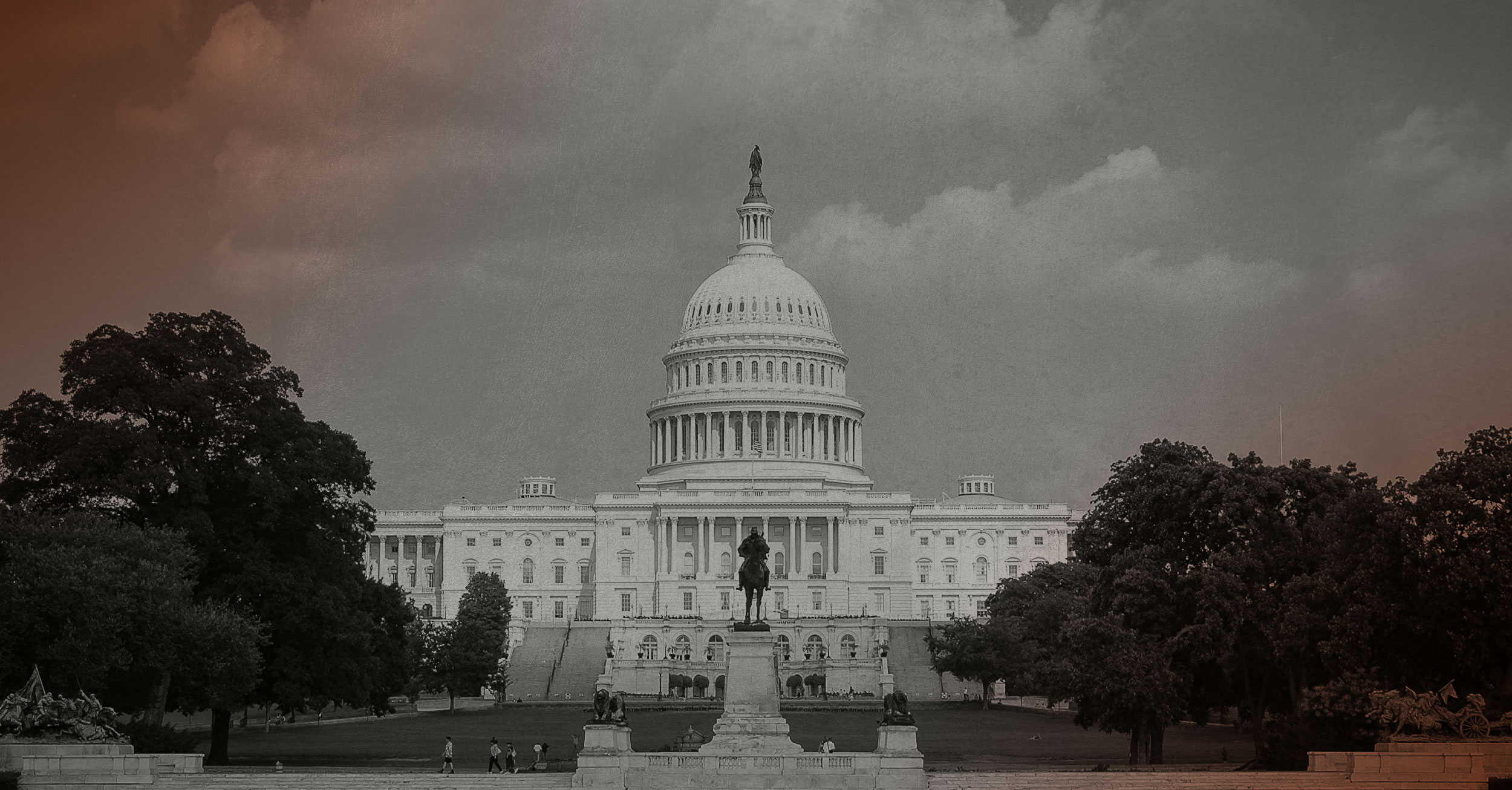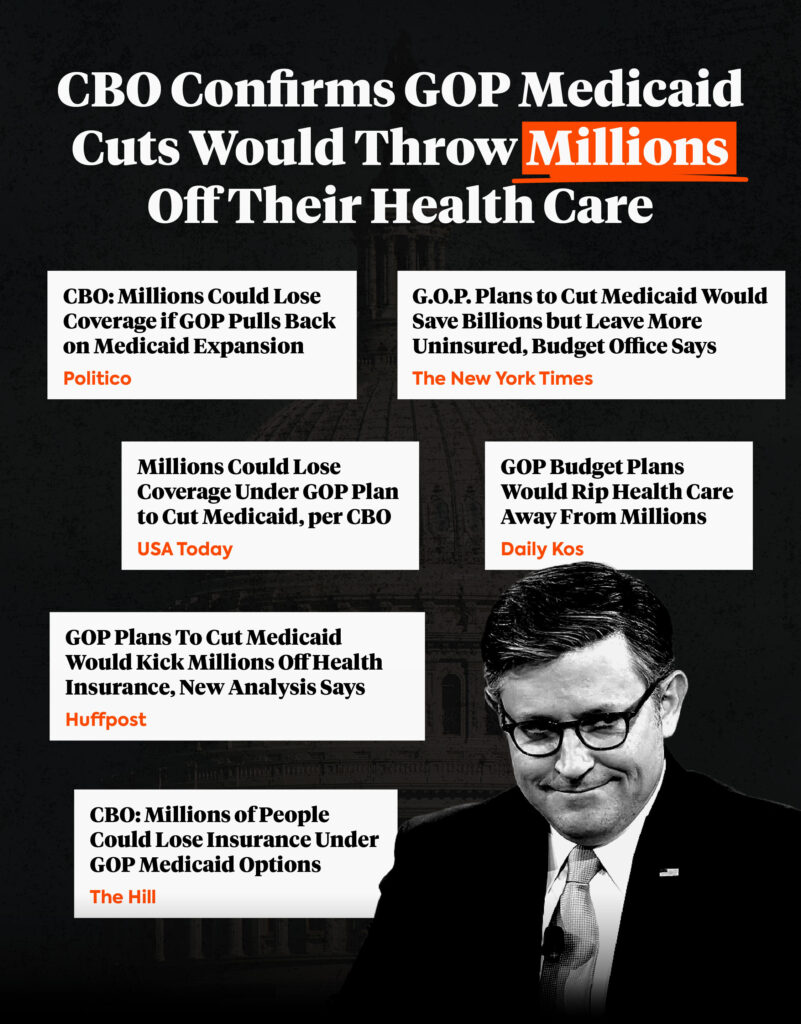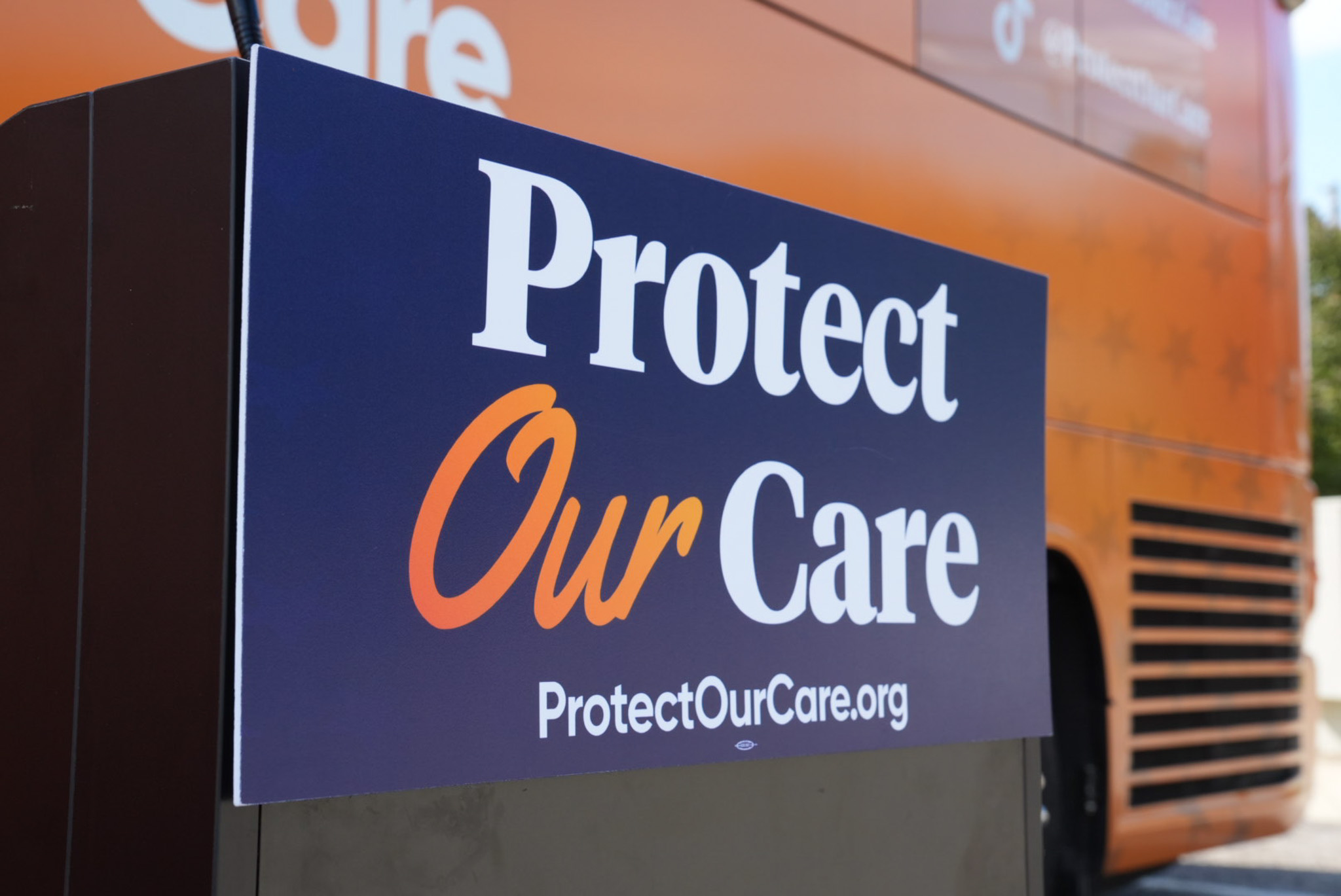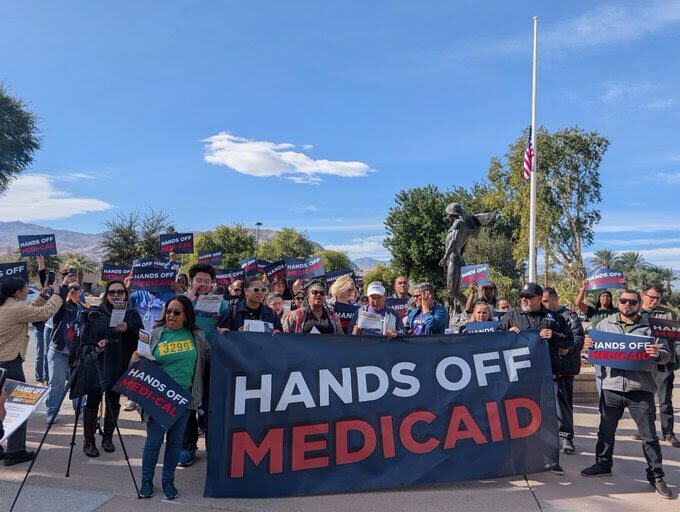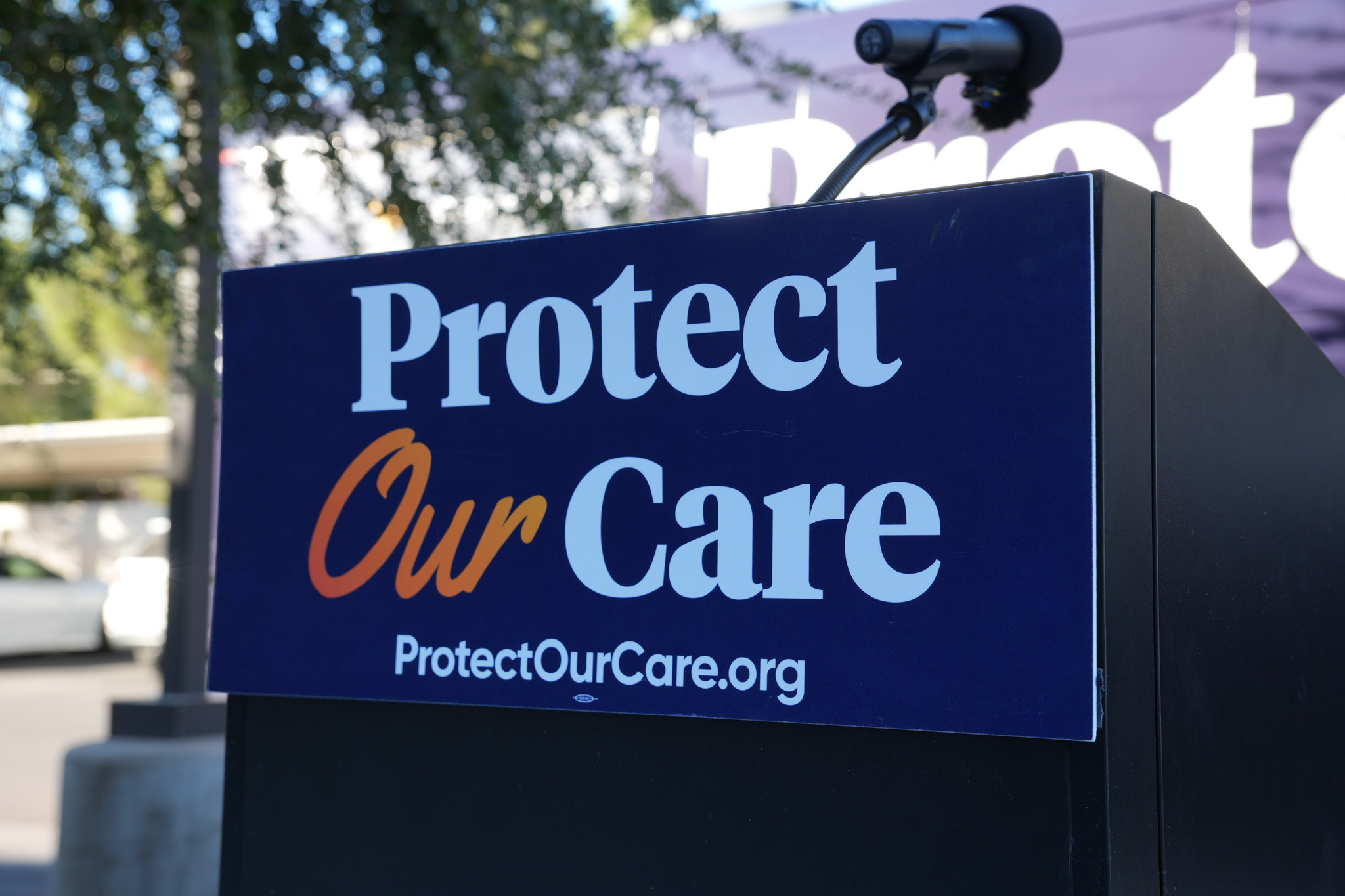Medicaid, the largest health insurance program in the country, provides crucial coverage for millions of mothers and children. It covers more than 40 percent of all births and provides critical postpartum care. It also assists women with reproductive care, such as family planning, breast and cervical cancer screenings, and treatment for sexually transmitted infections. For pregnant and postpartum women, affordable health coverage is more essential than ever as the United States continues to experience the highest rates of maternal mortality and morbidity among wealthy nations. Medicaid makes sure moms and babies can get the care they need before, during, and after birth, preventing devastating outcomes and setting children up for success.
Later this week, Republicans are set to put pen to paper and finalize their budget, cutting billions of dollars from Medicaid and throwing millions of people off their health care, all to fund tax breaks for billionaires and big corporations. Their plan would shutter community health clinics and rural hospitals, jeopardize the health care of half of all children in America, and raise costs for hardworking families. Every single community across the country will feel the devastating effects of these cuts.
Republicans Will Rip Away Care From Moms and Children and Exacerbate The Nation’s Maternal Health Crisis.
By The Numbers:
- Almost Half Of Births Are Covered By Medicaid. Medicaid covers 41 percent of births in the United States and the majority of births in several Republican-controlled states, including Louisiana, Mississippi, and Oklahoma. Medicaid helped pay for 1.5 million births in 2023, but Republicans want to drastically reduce funding.
- The United States Has the Highest Rate of Maternal Deaths of Any High-Income Country. In 2022, there were approximately 22 maternal deaths for every 100,000 live births in the United States. Maternal deaths are highest among Black mothers, even though over 80 percent of these deaths are considered preventable.
Medicaid Expansion Is Associated With Better Maternal Health Outcomes. Democrats in Congress passed legislation enabling states to extend postpartum Medicaid coverage from six weeks to one year, giving comprehensive coverage in the critical year after birth to moms in 49 states. States that additionally expanded Medicaid under the ACA had an average of a 17 percent decrease in postpartum hospitalizations and experienced lower maternal mortality rates than states that did not expand Medicaid. Republicans are fighting to gut funding for Medicaid expansion, putting the lives of American moms at risk just so a few ultra-wealthy can get even more tax breaks.
Medicaid Is Critical For The Women Who Are Most At Risk For Complications. Medicaid provides screening for conditions such as preeclampsia, gestational diabetes, cardiovascular diseases, high blood pressure, and diseases that greatly increase the chance of severe complications during delivery. In 2021, 43,600 women with these conditions received the care they needed through Medicaid.
Medicaid Is A Lifeline For Moms In Black, Latina, and Rural Communities. In 2021, Medicaid provided maternity care to 64 percent of Black mothers and 58 percent of Latina mothers. Medicaid also pays for a greater share of births in rural areas than any other source of coverage.
Without Medicaid Funding, More Birthing Hospitals Will Be Forced To Close. Rural hospitals rely on Medicaid funding to keep their doors open. GOP-proposed per capita caps and block grants will greatly cut federal funding and force states to cut back on how much they pay hospitals, putting moms at risk of losing access to care.
Republicans’ Plan to Cut Medicaid Funding Will Put Essential Reproductive Health Coverage in Jeopardy.
By The Numbers:
- Medicaid is the Largest Provider of Sexual and Reproductive Health Coverage. 1 in 5 women of reproductive age use Medicaid for health care coverage, and two-thirds of women enrolled in Medicaid are of reproductive age. Medicaid also accounts for 75 percent of public funding for family planning services, such as birth control. Thirty states have also expanded family planning benefits to more people.
- Medicaid Provides Critical Sexual and Reproductive Care. Medicaid pays for a disproportionate share of STI care compared to other providers. People with Medicaid coverage are more likely to receive STI screening than people with private or no health insurance. If left untreated, STIs/STDs can lead to serious complications that leave patients drowning in medical debt or in worse scenarios, death.
Medicaid Provides Vital Reproductive Health Services. Medicaid provides vital services for women of reproductive age, such as covering family planning services, STI/STD tests and treatments, breast and cervical cancer screenings, and other preventive screenings and annual checkups. This coverage helps women of color in particular. Black women are 71 percent more likely to die from cervical cancer than their white counterparts and Black and Latina women make up 80 percent of women living with HIV or AIDS.
Medicaid Assists Women With Fertility Issues. 8 states require at least one Medicaid plan offered in the state to provide diagnostic services for infertility. While only New York requires their Medicaid state plans to cover fertility treatments, Medicaid covers treatments for other health conditions that can impact fertility, such as thyroid medications, fibroid surgery, and endometriosis or other gynecologic abnormalities that can cause pelvic pain or abnormal bleeding. Several states also cover fertility preservation for people whose medical treatments, such as chemotherapy, may cause infertility. Medicaid’s role is essential to ensure equitable access to these treatments, especially for families of color.


